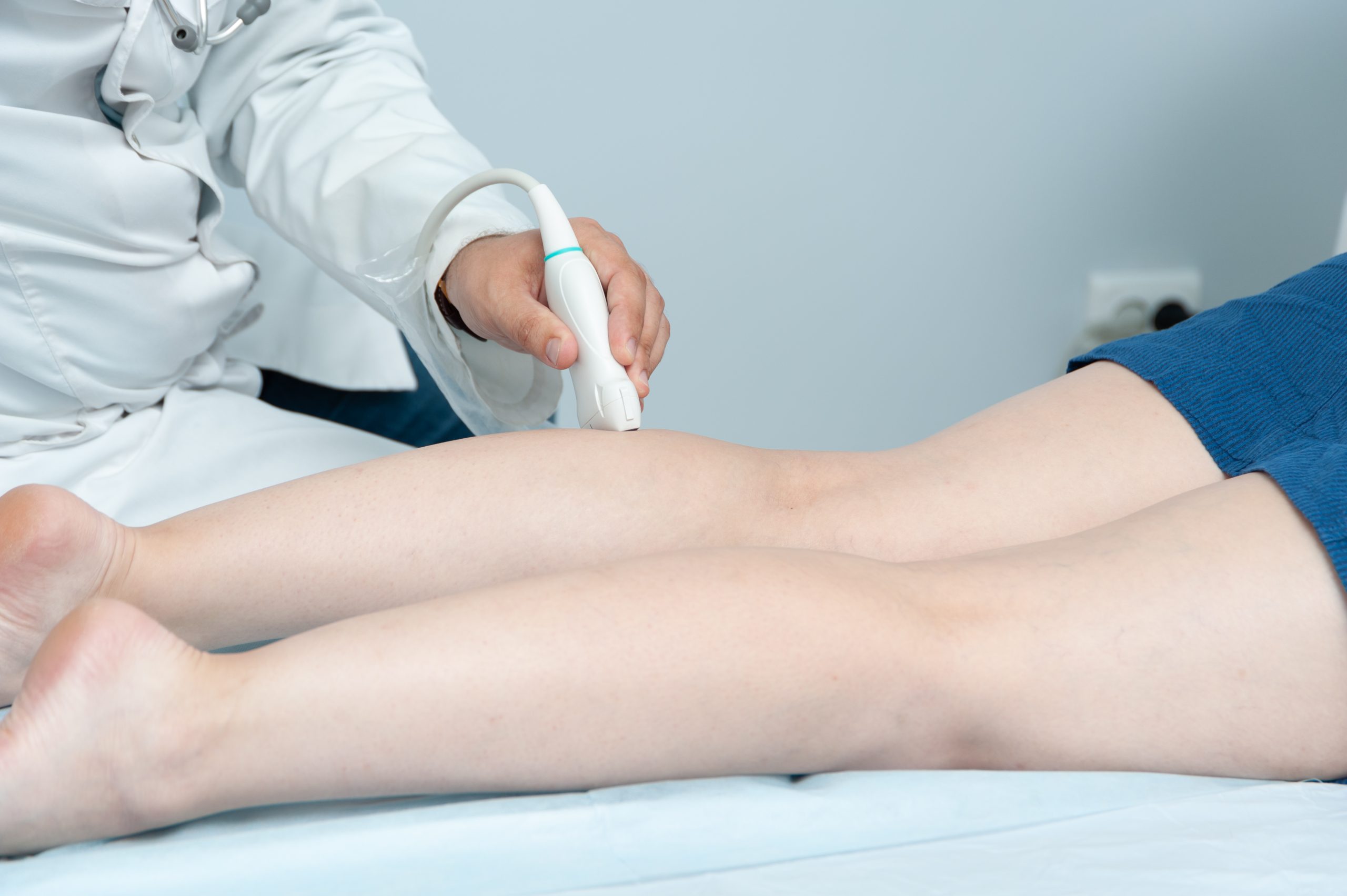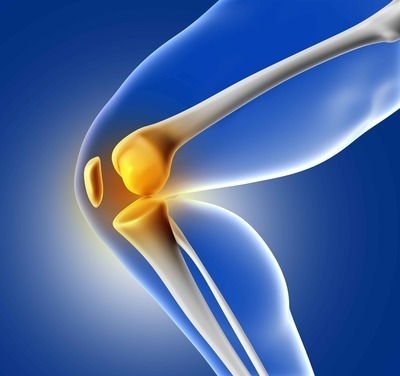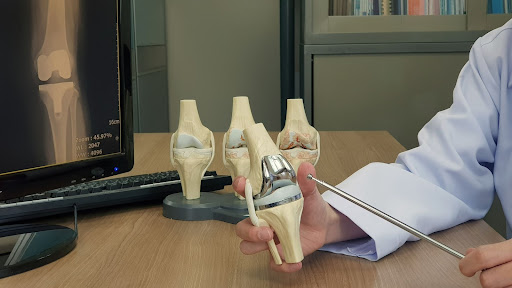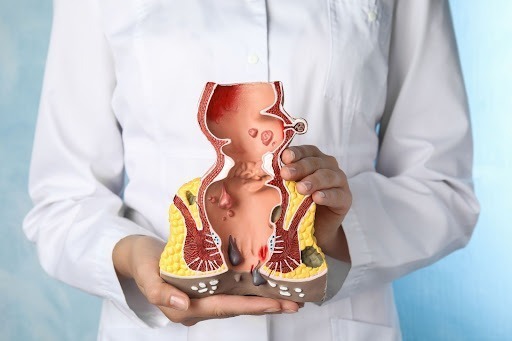Varicose Veins
Doppler Test for Varicose Veins: Everything You Need to Know

by admin
26th September 2024
4 minutes read
Varicose veins can be more than just a cosmetic concern; they often cause discomfort, swelling, and may even lead to serious complications if left untreated. To diagnose varicose veins and understand their severity, healthcare professionals frequently use the Doppler ultrasound test. This non-invasive procedure provides a detailed view of blood flow through your veins, making it essential for accurately diagnosing and managing varicose veins.
In this blog, we’ll explain what the Doppler test is, how it works, why it’s important for varicose veins, and answer some common questions you might have.
What is a Doppler Test for Varicose Veins?
A Doppler ultrasound test uses high-frequency sound waves to evaluate the blood flow in your veins. This test helps identify any blockages, malfunctioning valves, or irregular blood flow in the veins of your legs, which can cause varicose veins. The test is painless, non-invasive, and takes just 20-45 minutes to complete.
Why is a Doppler Test Important for Diagnosing Varicose Veins?
Varicose veins form when the veins in your legs are weakened or damaged, causing blood to pool and veins to become enlarged. The Doppler test allows your doctor to:
- Detect faulty veins and determine the cause of poor circulation.
- Identify areas where blood flow is reversed or blocked.
- Plan appropriate treatment options, such as laser therapy, sclerotherapy, or surgery.
By providing real-time images and data, the Doppler test ensures that your doctor can create a customized treatment plan tailored to your needs.
How is the Doppler Test Performed?
The Doppler ultrasound is a straightforward procedure:
- You may be asked to lie down or stand, depending on which veins are being tested.
- A gel is applied to the skin to improve sound wave transmission.
- The technician moves a handheld device (transducer) over the skin, which sends sound waves into the veins.
- These sound waves bounce back, creating an image of blood flow that is displayed on a screen.
The test helps your doctor understand how well blood is flowing through your veins and identify any areas of concern.
Who Should Consider a Doppler Test for Varicose Veins?
If you experience any of the following symptoms, your doctor may recommend a Doppler test:
- Pain or heaviness in your legs
- Swelling in the legs or ankles
- Itchy or irritated skin around the veins
- Darkened or hardened skin near the ankles
- Visible veins that are twisted or bulging
By getting tested early, you can avoid complications like leg ulcers, deep vein thrombosis (DVT), or chronic discomfort.
What to Expect After the Doppler Test
Once the Doppler test results are available, your doctor will discuss the findings and recommend a treatment plan. Depending on the severity of your condition, treatments may include:
- Compression stockings to improve circulation.
- Sclerotherapy, where a solution is injected into the veins to close them off.
- Laser or radiofrequency ablation to treat damaged veins.
- Surgical vein removal for more severe cases.
Why the Doppler Test is the Best Choice for Varicose Veins
The Doppler test is widely regarded as one of the most reliable tools for diagnosing varicose veins. It is non-invasive, involves no radiation, and provides immediate, accurate results. This allows your doctor to make well-informed decisions about your treatment plan.
FAQs
Q. Is the Doppler test painful?
A. No, the Doppler ultrasound is a painless, non-invasive procedure. You may feel slight pressure as the transducer moves over your skin, but there is no discomfort involved.
Q. How long does the Doppler test take?
A. The Doppler test usually takes between 20 and 45 minutes, depending on the extent of the veins being examined.
Q. What should I wear for a Doppler test?
A. It’s best to wear comfortable, loose-fitting clothing. You may be asked to remove clothing from the area being examined, but a gown will be provided.
Q. Do I need to prepare for the Doppler test?
A. No special preparation is required. You may be asked to avoid applying lotions or creams on the day of the test to ensure accurate results.
Q. Can varicose veins be treated after a Doppler test?
A. Yes! After diagnosing your condition with a Doppler test, your doctor will recommend treatments such as compression therapy, sclerotherapy, or laser treatment, depending on the severity of your varicose veins.
Q. How accurate is the Doppler test?
A. The Doppler test is highly accurate in detecting blood flow issues, making it a gold standard for diagnosing varicose veins.
CATEGORIES
- ACL Reconstruction
- Anal Fissures
- Anal Fistula
- Appendicitis
- ASK A DOCTOR
- Benign Prostatic Hyperplasia
- Breast Lump Excision
- Cataract
- Circumcision
- Conditions & Diseases
- Cosmetology
- Covid-19
- Cure
- Endocrinology
- ENGLISH VIDEOS
- Eye Care
- Gallstones
- General Surgeries
- Government Schemes
- Gynaecology
- Gynecomastia
- Health
- Health Insurance
- Hernia
- Hindi
- Hip Arthoscopy
- Hip Replacement
- Hip Replacement Surgery
- Hydrocele
- Kannada
- Kidney Stones
- Knee Arthroscopic
- Laparoscopic
- LASER
- Latest Treatments
- Lifestyle
- Liposuction
- Medfin Stories
- Medicine
- Nephrology
- Ophthalmology
- Orthopaedic
- Paraphimosis
- Patient Testimonials
- PCL Reconstruction
- Phimosis
- Piles (Hemorrhoids)
- Pilonidal Sinus
- Proctology
- Prostate Artery Embolization
- Rhinoplasty
- Second Opinion
- Total Knee Replacement
- Urology
- Uterine Artery Embolization
- Uterine Fibroids
- Varicocele
- Varicose Veins
- Vascular
- VIDEOS







